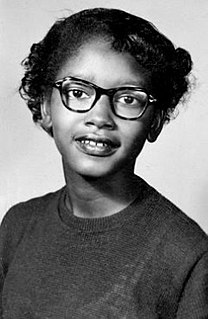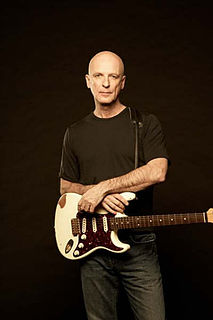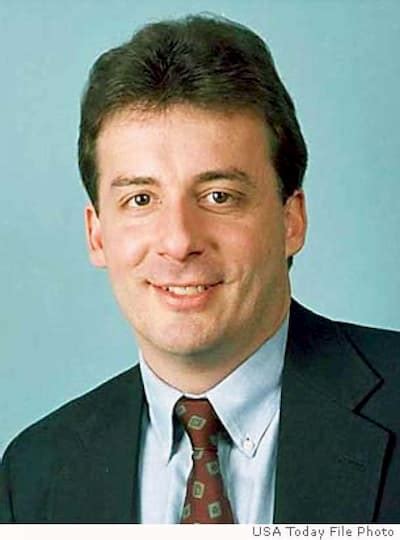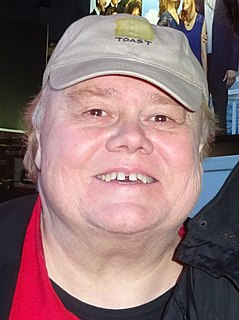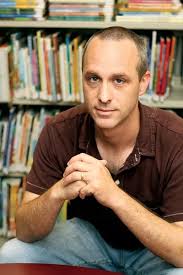A Quote by Claudette Colvin
I knew then and I know now, when it comes to justice, there is no easy way to get it.
Related Quotes
Back then, as a teenager, I kept thinking, why don't the adults around here just say something? Say it so they know we don't accept segregation? I knew then and I know now that, when it comes to justice, there's no easy way to get it. You can't sugarcoat it. You have to take a stand and say, 'This is not right.'
Back then, as a teenager, I kept thinking, Why don't the adult around here just say something? Say it so they know we don't accept segregation? I knew then and I know now that, when it comes to justice, there is no easy way to get it. You can't sugarcoat it. You have to take a stand and say, 'This is not right.' And I did.
Have you come over time to think that you know more now than you did when you were young, know less now than when young, know now there is so much more to know than you knew there was to know when young that it is moot whether you think you knew more then than now or less, or do you now know that you never knew anything at all and never will and only the bluster of youth persuaded you that you did or would?
The way in which we can promote peace, is by promoting sustainable management of our resources, equitable distribution of these resources, and that the only way you can actually do that, is that then you have to have a political, economic system that facilitates that. And then you get into the issues of human rights, justice, economic justice, social justice, and good governance or democratic governance. That's how it ties up.
You can't just make yourself matter and then die, Alaska, because now I am irretrievably different, and I'm sorry I let you go, yes, but you made the choice. You left me Perhapsless, stuck in your goddamned labyrinth. And now I don't even know if you chose the straight and fast way out, if you left me like this on purpose. And so I never knew you, did I? I can't remember, because I never knew.
No sooner had he thought this than he realized what was anchoring his happiness. It was purpose. He knew what he wanted to do. He knew the way he thought things should be, and Mr. Harinton was proving that other people--even adults--could feel the same way. Nicholas had something to aim for now. He might not know what he wanted to be when he grew up, but he knew with absolute certainty how he wanted to be.
